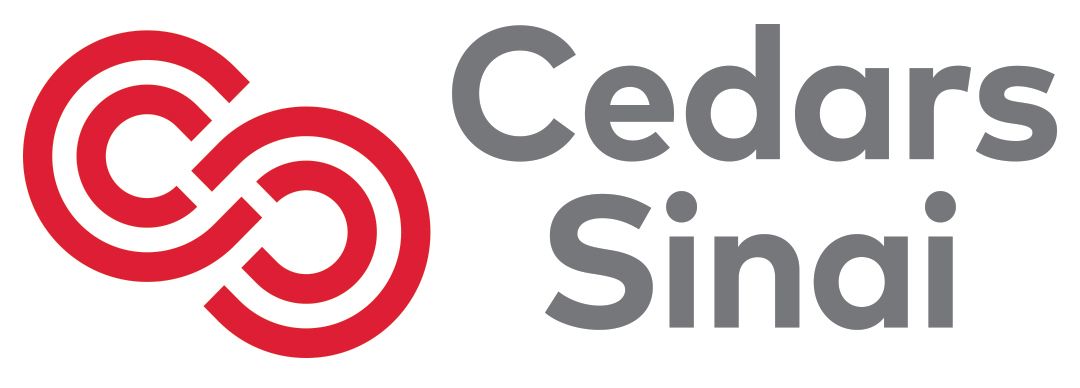
PEGPH20 Shows Promise in HA-High Pancreatic Cancer

Andrew Hendifar, MD, discusses how PEGPH20 improved progression-free survival by 4.9 months in patients with advanced pancreatic cancer with high expression levels of hyaluronan.
Andrew Hendifar, MD
PEGPH20, an investigational pegylated form of rHuPH20, improved progression-free survival (PFS) by 4.9 months in patients with advanced pancreatic cancer with high expression levels of hyaluronan (HA-High), according to recent interim findings from a phase II study.
The ongoing study examined 146 patients who received nab-paclitaxel plus gemcitabine with or without PEGPH20. The study was put on hold due to an imbalance in thromboembolic events, but was recently reinitiated after the protocol was amended to exclude those at high risk for such adverse events.
In HA-High patients, PFS doubled in patients who received PEGPH20 in addition to the two agents versus those who received nab-paclitaxel plus gemcitabine alone (9.2 vs 4.3 months; HR, 0.39; P = .05). There was also a statistically significant improvement in overall response rate (ORR), with 52% ORR found in the PEGPH20 arm versus 24% ORR in the standard therapy arm (P = .038). There was one complete response in the PEGPH20 arm. The median duration of response was 8.1 months in the PEGPH20 arm versus 3.7 months in the control arm.
There was a trend toward continuing improved overall survival in the PEGPH20 arm, according to the study’s findings. To better understand the impact of the results, OncLive spoke with study author Andrew Hendifar, MD, medical oncology lead, Gastrointestinal Disease Research Group, Cedars-Sinai Medical Center.
OncLive: What are the challenges of treating patients with High-HA?
Dr Hendifar: As of today, the way we treat pancreatic cancer is with multiagent chemotherapy. Unfortunately, the results are not that great, with 5-year survival rates at about 6%. New methods of treating these cancers are desperately needed. This cancer is notorious for its desmoplastic stroma. A major component of the pancreatic cancer desmoplasia is hyaluronan. Many people think that hyaluronan poses a barrier to effective therapy. However, PEGPH20 is an enzyme inhibitor of hyaluronan. The hypothesis was that using this agent in addition to chemotherapy would help chemotherapy delivery to the tumor.
What have been the findings of the study thus far?
We just presented interim phase II results, and the findings are very promising. There were 146 patients enrolled in the phase I study. Then, there was a clinical hold because of an imbalance in venothrombotic events. When we analyzed the first 146 patients we found that, in the overall population, PEGPH20 seemed to help but it was not statistically significant.
However, when we stratified to hyaluronan content and compared patients with High-HA, we saw that the addition of PEGPH20 to chemotherapy actually significantly improved PFS and response rates. PFS almost doubled from approximately 4.5 months to 9 months.
What impact could these findings have?
There are currently no approved targeted therapies for pancreatic cancer. If the interim results persist and hyaluronan-expressing pancreatic cancer does respond to this agent, it could be a very significant change in how we approach this cancer. It could result in researchers focusing more on the stroma and desmoplasia and hopefully elevate treatment of this disease.
What are the next steps in this research?
The next steps from here are to complete the current phase II study. Then, there is a phase III randomized, double-blind, placebo-controlled study planned for the first quarter of 2016.
Moving forward, there is also some interest in examining this agent in other tumor types that also express hyaluronan, such as lung cancer.
Are there any toxicity concerns with this combination?
There don’t seem to be many concerns with overlapping toxicities with the new agent at this time. The main toxicities are muscle cramping, peripheral edema, and some increased neutropenia.
What are some of the biggest challenges in treating pancreatic cancer?
Patients with pancreatic cancer have particularly aggressive disease. It is very difficult to treat. It only responds to multiagent chemotherapy. There are active chemotherapy regimens, but they are only effective in about one-third of patients. When you add that, on top of the fact that patients seem to have a poor performance status when compared to other cancer types, it makes it very challenging. We really need new treatments in this space.
Besides your study, what emerging research do you see having great potential?
There is research regarding hypoxia in pancreatic cancer that I am very interested in. There are drugs that are activated by tumor hypoxia. I am looking forward to seeing what other drugs are coming out, whether they are pro-drugs that are activated by hypoxia or if they are angiogenesis inhibitors. Theoretically, angiogenesis inhibitors do work better in hypoxic environments.
Why are there so few targeted therapies in pancreatic cancer?
They just haven’t worked up to this point. We have identified KRAS mutations, TP53 mutations, and CDKN2A mutations, but just because we have a mutation does not mean we can successfully target it, despite multiple efforts.
However, we are now able to do whole gene exome sequencing. Therefore, we can identify patients who have BRCA mutations and we may be able to treat them with PARP inhibitors. Other than that, we really have not been able to target identifiable groups.




































